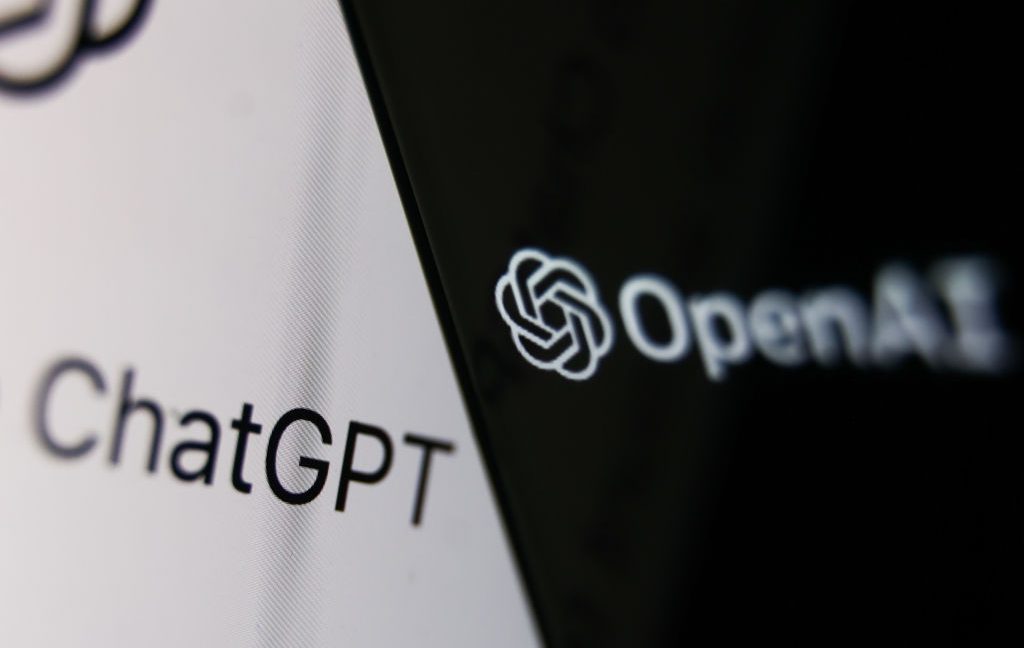ChatGPT Users Locked in Nostalgia as GPT-5 Unveils

The much-anticipated rollout of OpenAI’s new GPT-5 model family has stirred mixed emotions among ChatGPT enthusiasts. While the latest updates promise significant enhancements, many devoted users find themselves yearning for the familiar touch of the outgoing GPT-4 models. This shift highlights the growing emotional bonds people form with AI companions, a trend that speaks volumes about our evolving digital interactions.
Even though OpenAI has ensured older models, such as GPT-4o, remain accessible via the developer API, the community is mourning the end of conversational companionship with their trusted AI 'friends.' As GPT-5 becomes the new norm, many users express discontent, referring to GPT-5’s demeanor as an "overworked secretary," lacking in the creativity seen in GPT-4o. This transition has sparked waves of nostalgia, with numerous posts across OpenAI forums and Reddit bemoaning the loss. Many users, even amidst their complaints, continue to interact with AI-generated content, indicating a complex relationship with the technology.
The arrival of GPT-5 not only brings forward advanced analytical abilities but also alters the conversational experience users cherished. Its more streamlined, corporate tone has left some feeling disconnected. Despite OpenAI’s intent to improve functionality, increased usage limitations and subscription costs have added fuel to user frustrations. OpenAI hopes the broader rollout will bolster revenues, a necessity given the financial demands of running heavy-duty AI systems.
Past updates to ChatGPT, like the one which briefly devolved into an excessively sycophantic AI, have shown OpenAI’s struggle to balance robot intelligence with human-like empathy. Users appreciated the amicable nature of earlier models, often personalizing them as digital companions. GPT-5’s more professional tone has, for some, dulled this unique AI personality.
The lingering question of AI’s role in our personal spaces remains critical. Such parasocial connections with AI can reinforce certain delusions and affect mental health. As companies fine-tune AI systems to enhance user satisfaction, they walk a tightrope, balancing operational efficiency with emotional involvement. Early reactions to GPT-5 suggest the model is competent yet lacks the warmth users have come to appreciate.
For those dissatisfied with GPT-5, alternatives remain. Elon Musk’s xAI, with its daring AI implementations, stands ready to push boundaries. Yet, caution is advised against such extremes. As the AI landscape continues to morph, time will tell if GPT-5's practicality outweighs nostalgia for GPT-4o.



